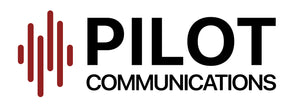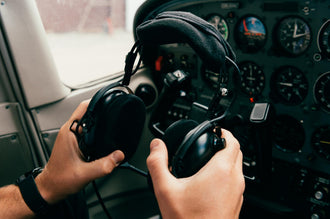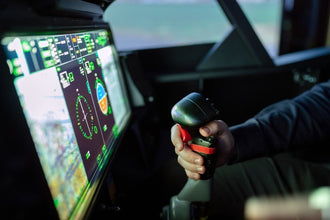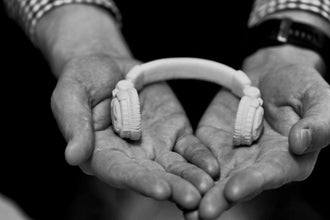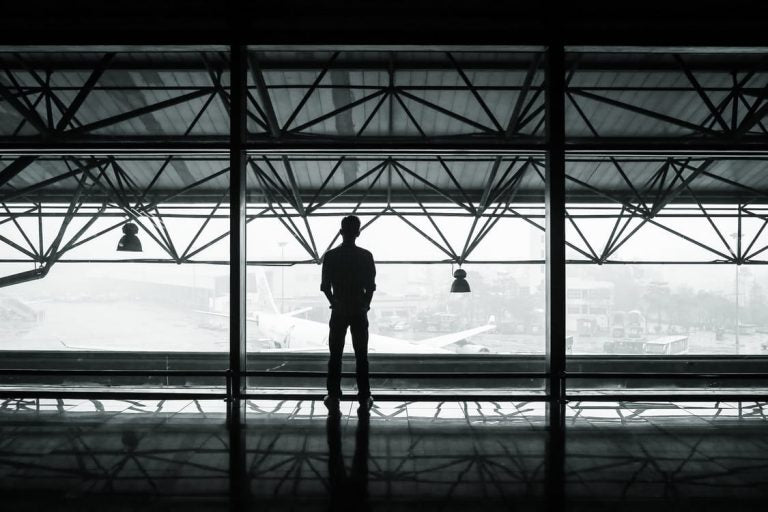
4 Steps to Start Learning How to Fly
- 08 Feb, 2021
Have you always wanted to fly? You don’t have to train to become a commercial pilot in order to discover the joys of flying your own airplane. Recreational flying allows you to enjoy the pleasures of the sky without committing to a new career. It’s one of the most exciting and thrilling hobbies you could possibly take on, and it’s much easier than you might think to get started.
1. Check that you meet the requirements. In order to qualify for a recreational pilot licence, you’ll need to be 16 years of age or older and have a current medical certificate to ensure that you are in good health and ready to fly. Medical fitness is important, but even elderly people who are physically healthy can start to fly later in life.
2. Budget for lessons. You should be able to make training lessons fit into your budget – it all depends on how much you have to spend and how many hours you want to train for. If you have a large budget then you’ll be able to fit plenty of hours in at once, but those on a tighter budget can certainly spread the lessons out and still get some fun flying time in.
3. Find a qualified training centre. Australia has plenty of options for novice pilots hoping to earn their wings, so do your research and visit your local flight schools to find one that suits your budget and lifestyle. You’ll be well prepared if you find a training centre that offers modern aircraft, high safety standards and a relaxed, personalised atmosphere for learning. Make sure that the centre is registered by the Australian Skills Quality Authority to be sure that you’re getting the best possible teaching.
4. Study up. While the getting up in the air is certainly the most fun part of recreational pilot training, there will be some studying involved, too! In order to get your pilot’s licence, you’ll need to pass theoretical exams to prove that you understand how the aircraft works, the ins and outs of flying safely, and the details behind weather and aerodynamics. This may seem a little daunting, but your instructor will help you get to grips with all of the new information. Most importantly, all that knowledge will make you a better pilot.

